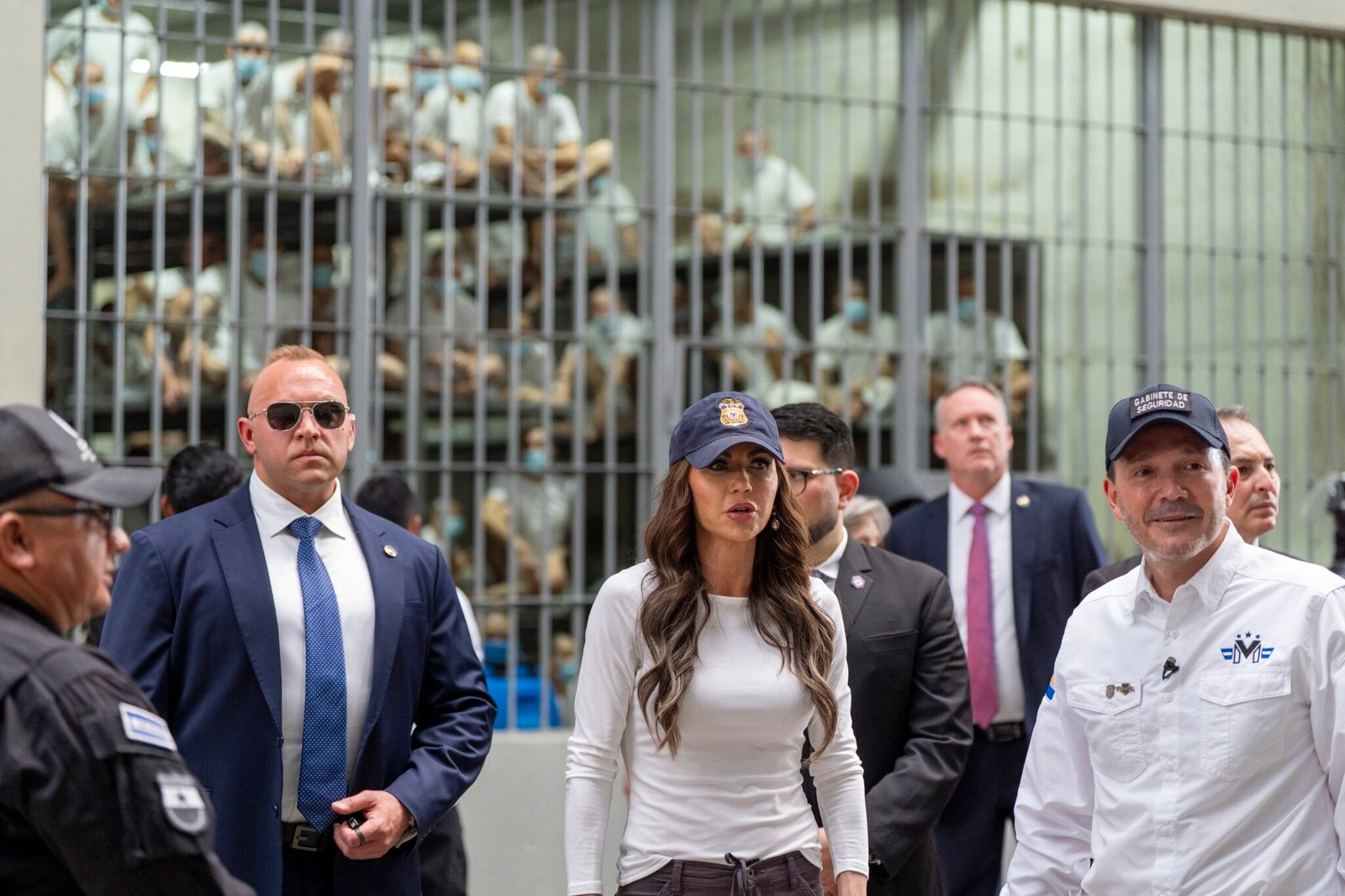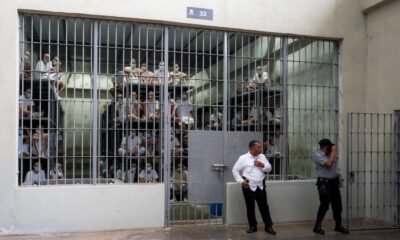Alien Enemies Act
Judge Compels Trump to Ensure Fair Treatment of Migrants Displaced by Wartime Legislation

WASHINGTON — A federal judge in the District of Columbia has ordered the Trump administration to grant Venezuelan men, classified under an 18th-century wartime law, the opportunity to contest their removals in court. This ruling comes after these individuals were sent to a notorious prison in El Salvador, raising significant concerns regarding their due process rights.
In a detailed 69-page ruling, Judge James Boasberg partially granted an injunction, affirming that 137 Venezuelans had little chance to challenge their removal under the Alien Enemies Act of 1798 or the claims linking them to the Tren de Aragua gang. The administration has until June 11 to devise a plan ensuring these men are afforded due process rights.
Judge Boasberg emphasized the urgency of the situation, stating, “The Government has violated the CECOT Class’s vested right to due process, an infringement that risks inflicting irreparable harm.” He noted that despite President Trump’s lawful invocation of the Alien Enemies Act, it remains vital for these individuals to contest their accusations.
The judge further elaborated on the problematic nature of the removals, indicating that the affected Venezuelans had no opportunity to challenge the government’s assertions. He stated, “Defendants instead spirited away planeloads of people before any such challenge could be made,” highlighting a troubling lack of due process.
While the American Civil Liberties Union (ACLU) sought to have the Venezuelans returned to the U.S. for hearings, Judge Boasberg rejected this motion. He determined that despite a financial agreement between the U.S. and El Salvador, the detainees remain under Salvadoran jurisdiction.
“While it is a close question,” Boasberg noted, “the current record does not support Plaintiffs’ assertion that they are in the constructive custody of the United States.” He referenced a sworn declaration from a government official, underscoring that the matter of the detainees’ status is governed by Salvadoran law.
The ACLU will be permitted to participate in discussions aimed at determining how due process can be implemented for the detainees at CECOT. This ruling marks the latest development in an ongoing dispute between the Trump administration and the courts, particularly after three planes carrying deported individuals landed in El Salvador in mid-March, in direct contravention of the judge’s temporary restraining order.
Judge Boasberg also found probable cause to hold Trump officials in contempt for their failure to adhere to his order, which mandated a review of the deportation process to ensure due process was honored.

















